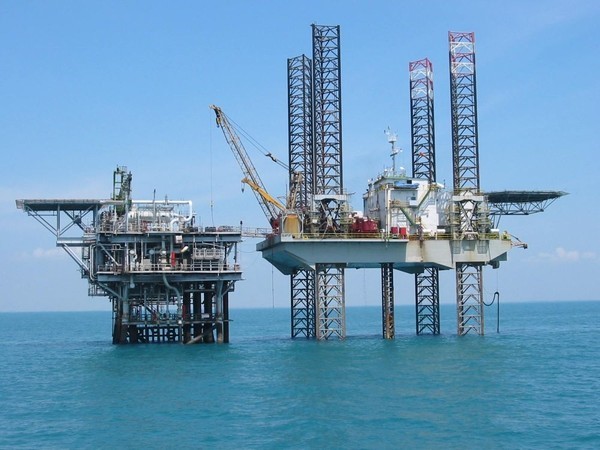The Jones Act is a law enacted by Congress that provides protection to persons (“seamen”) who are members of the crew of a vessel. The Jones Act applies to inland river workers as well as offshore workers who work on a jack-up rig, semi-submersible, barge, drill ship, tug / towboat, crew boat , drill ship, dredge, floating crane, tanker, cargo ship, fishing vessel, chemical ship, research vessel, construction barge, lay barge, motorized platform, diving vessel, cruise ship, recreational boat or other floating / movable structures.
The Jones Act governs the liability of vessel operators and marine employers for the work-related injury or death of an employee. It is a federal cause of action, meaning that the United States Congress intended for all seaman’s injuries throughout the nation to be guided by the same liability standards of the Jones Act.
Although the Jones Act protects seamen, it is not the same as workers’ compensation. It does not require payment regardless of fault. In order for a crew member to recover under the Jones Act, he must prove some negligence or fault on the part of the vessel’s owners, operators, officers, and/or fellow employees or by reason of any defect in the vessel, its gear, tackle or equipment.
The Jones Act provides an injured seaman a remedy against his or her employers for injuries arising from negligent acts of the employer or co-workers during the course of employment on a ship or vessel. This means that the employer must do something unreasonable or fail to perform a reasonable act that would have prevented injury in order for the seaman to win his claim. An injured worker’s maritime claim under the Jones Act can also raise claims against a vessel’s owner that a dangerous condition existed on the vessel that made the vessel unseaworthy.
If you are a crewman on a boat or vessel and were injured while working, you will be entitled to sue your employer for injuries caused by your employer’s negligence under the Jones Act. Offshore drilling rigs, drill ships, barges and other motorized structures which are moveable and which float from hole to hole (semis and jack-ups) are considered vessels under the Jones Act.
If you are a member of the crew of such a vessel and were injured while in the furtherance of your employment, then your employer will also be responsible for paying your medical bills (called cure) and paying you a small daily allowance (called maintenance) during the time you are injured. In addition, you may be able to file a lawsuit against your employer if your employer was negligent or if there was something wrong with the vessel which made it unfit for its intended purpose.
In a Jones Act lawsuit, you may seek to recover past and future economic loss, pain and suffering, mental anguish, disfigurement, loss of capacity to enjoy life, loss of the ability to perform household services and take care of yourself, and other damages recoverable under the maritime law.
For more information about your rights and other maritime information, please see our Maritime/Offshore Injury Claims webpage.
If you have been injured while working offshore, contact us today to speak with our experienced and qualified maritime attorneys, Frank Lamothe and Richard Martin, who can evaluate your claim and determine the best way to protect your interests and get you the compensation you deserve.










